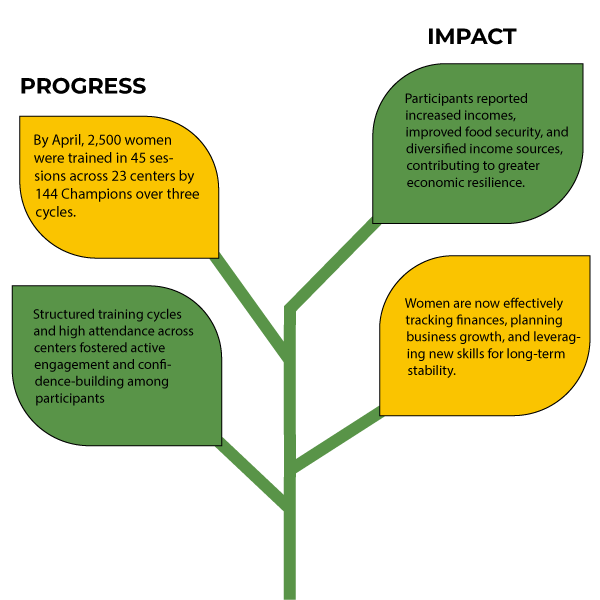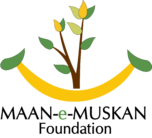WE-LED 3.0 Program for Women’s Economic Empowerment
Introduction
This report details the activities, progress, and strategic implementations undertaken for the WE-LED 3.0 program. Maan-e-Muskan is the lead implementer of the project, focusing on developing and expanding Production cum Training Centers (PTCs) in Quetta and Nushki. The program aims to transform traditional cash transfer methods into sustainable livelihood opportunities for economically active women.
Key Objectives
- Provide immediate economic support through cash transfers.
- Establish a sustainable model for empowering women to develop livelihoods independently
- Target economically vulnerable households with potential for economic contribution.
- Utilize cash transfers as seed funds for establishing micro-enterprises.
- Empower 2,500 women in Quetta and Nushki.
- Focus on market-led skills training and business development.
Activities and Implementation

Progress and Impact
Program Progress
Economic Impact
Participant Engagement
Role of PTCs
Conclusion
The WE-LED 3.0 program is on track to achieve its objectives of empowering women, fostering sustainable livelihoods, and transforming traditional cash transfer methods. The program’s emphasis on comprehensive training, capacity building, and ongoing monitoring is contributing to its success.
Join Us
Partner with us in empowering women and transforming communities. Together, we can create lasting impact and drive sustainable development
